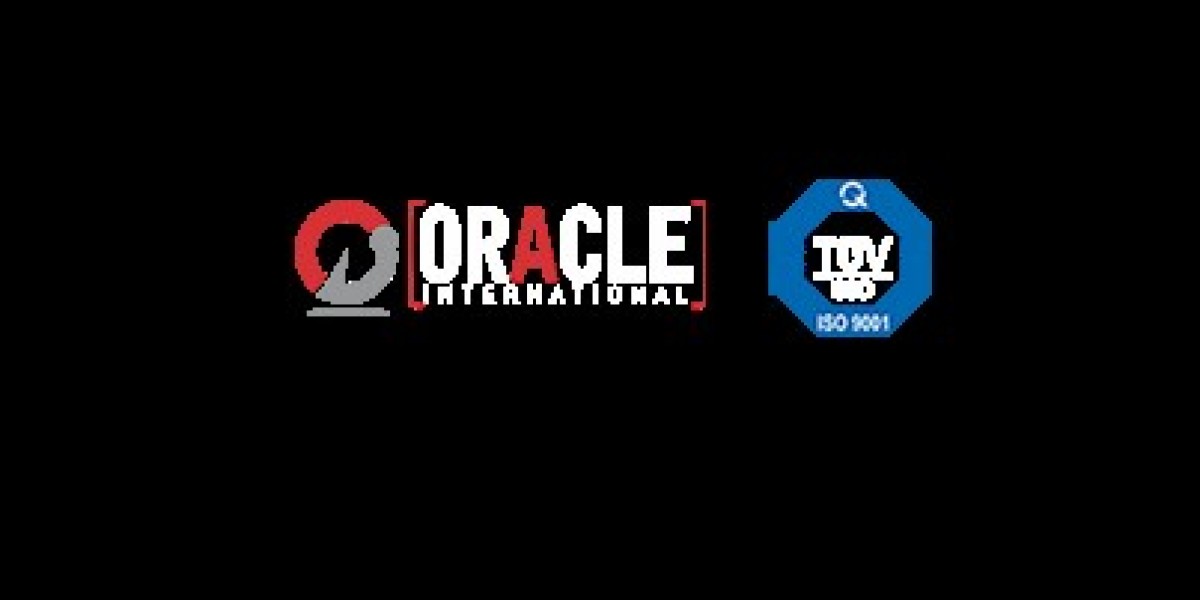As winter approaches, ensuring workplace safety becomes crucial, especially in industries vulnerable to seasonal hazards. The National Examination Board in Occupational Safety and Health (NEBOSH) offers specialized training for professionals to address these risks effectively. Understanding the key NEBOSH course modules can significantly enhance preparedness for winter-related safety concerns. For those considering this professional qualification, the NEBOSH course fee is an important factor to evaluate when planning to enroll in these modules.
Understanding how NEBOSH courses equip individuals with essential skills for tackling winter safety challenges is vital. Although NEBOSH course fees vary depending on the specific qualification, the investment provides long-term benefits by cultivating a safer workplace environment. Let’s examine some core NEBOSH course modules that focus on winter safety precautions, helping you make an informed decision on the NEBOSH course fee while choosing a program suited to your industry needs.
Understanding NEBOSH Courses and Winter Safety
NEBOSH courses cover a range of health and safety topics applicable year-round; however, certain modules are particularly beneficial during the winter season. This includes in-depth training on managing specific hazards such as ice, snow, limited daylight, and increased risks of slips and falls. These courses are not only relevant for sectors like construction and manufacturing but are also crucial for office environments where winter conditions can still lead to injuries.
Whether you’re comparing NEBOSH course fees or evaluating the impact of the course content on workplace safety, it’s essential to understand which modules offer direct applications for winter safety. Here’s a look at some NEBOSH modules designed to help prepare professionals for seasonal safety precautions.
Core NEBOSH Modules Relevant for Winter Safety Precautions
1. NEBOSH National General Certificate in Occupational Health and Safety
The NEBOSH National General Certificate is a foundational course covering a broad range of health and safety aspects, with practical applications across all industries. This module provides essential insights into risk management, which is particularly important for handling winter-specific hazards. The NEBOSH course fee for the National General Certificate varies but is a worthwhile investment for professionals seeking to understand core principles of hazard identification and risk control.
The module includes an in-depth study of health and safety management systems, enabling participants to develop procedures to mitigate winter risks like slips, trips, and falls due to icy conditions. This module also addresses the importance of PPE (Personal Protective Equipment) selection, particularly relevant during colder months.
2. NEBOSH International General Certificate in Occupational Health and Safety
The NEBOSH International General Certificate covers global standards for workplace safety, making it particularly useful for companies operating in multiple regions. This module includes risk assessment and management, with a focus on creating safe environments even under adverse weather conditions. While evaluating the NEBOSH course fee for this module, it’s essential to consider its comprehensive coverage, including hazard control measures for winter safety.
Topics such as handling extreme temperatures, safe use of heating equipment, and emergency procedures for winter weather are integral to this course. By learning these skills, participants are better equipped to prepare their teams for seasonal hazards, regardless of geographic location.
3. NEBOSH National Certificate in Construction Health and Safety
For those in the construction industry, winter weather introduces specific challenges such as frost, snowfall, and poor visibility. The NEBOSH National Certificate in Construction Health and Safety addresses these challenges by focusing on construction-related hazards. Given the impact of winter on construction projects, the NEBOSH course fee for this module can be considered an investment toward safer project execution and employee well-being.
This module emphasizes managing risks associated with working at heights, handling materials in cold conditions, and ensuring the safety of temporary structures under heavy snow or wind. It also covers precautions for the safe use of machinery in winter, helping to prevent accidents and equipment malfunctions due to freezing temperatures.
Additional NEBOSH Modules for Enhancing Winter Safety
4. NEBOSH Certificate in Fire Safety and Risk Management
The risk of fire hazards may increase during winter due to the reliance on heating equipment. The NEBOSH Certificate in Fire Safety and Risk Management is ideal for preparing safety professionals to manage these risks effectively. While assessing the NEBOSH course fee, it’s helpful to recognize how this module equips participants to create fire-safe environments through seasonal adaptations.
This course focuses on fire safety precautions relevant to winter, such as the proper use and storage of heating devices and addressing electrical hazards that can lead to fires. Participants also learn about fire risk assessments and emergency planning, both of which are essential for preventing fire incidents during the colder months.
5. NEBOSH Environmental Management Certificate
The NEBOSH Environmental Management Certificate is increasingly relevant for organizations focused on sustainability and environmental safety. Winter poses environmental hazards such as increased energy consumption for heating, which can impact sustainability initiatives. The NEBOSH course fee for this certificate is justified by the comprehensive approach to minimizing environmental risks while maintaining safety standards.
This course teaches participants to manage environmental hazards and consider the impact of winter on energy use and waste management. Understanding these aspects is beneficial for businesses aiming to balance safety and environmental responsibility.
How NEBOSH Courses Enhance Winter Preparedness and Safety
Improved Hazard Awareness
NEBOSH courses are designed to develop hazard awareness skills applicable across various situations, including winter conditions. By completing these modules, professionals gain the skills necessary to identify and mitigate hazards such as slippery walkways, insufficient lighting, and freezing equipment. Assessing NEBOSH course fees in this context helps highlight the long-term benefits of investing in skills that promote a safer workplace throughout the year.
Risk Management and Assessment Skills
Winter introduces unique risks that require tailored approaches. NEBOSH courses teach comprehensive risk assessment methods, which are essential for creating effective winter safety plans. As the NEBOSH course fee is a significant consideration, companies can evaluate how these courses enhance safety by reducing accident-related costs and potential downtime.
Practical Applications of PPE and Equipment Management
During winter, the use of PPE becomes even more crucial to prevent injuries. NEBOSH modules provide practical training on selecting and using PPE appropriately for colder conditions. These skills are vital for industries where employees work outdoors or in cold storage environments, where temperature-sensitive PPE is required.
Factors to Consider When Evaluating NEBOSH Course Fees
The NEBOSH course fee can vary based on the level of qualification and the specific training provider. However, it’s essential to consider the broader value of each module, especially for organizations aiming to enhance winter safety preparedness. Factors influencing NEBOSH course fees include course duration, the mode of study (online or in-person), and any additional resources provided by the training provider.
While NEBOSH course fees might seem substantial, these courses offer practical benefits, from reducing workplace accidents to ensuring compliance with industry regulations. Companies can also explore financial support options or group training packages, which may reduce overall costs while equipping larger teams with essential safety skills.
Conclusion
Investing in NEBOSH courses provides organizations with the knowledge and skills necessary to handle winter safety challenges effectively. Each module discussed above, from general health and safety to fire safety and environmental management, equips professionals with tools to manage risks associated with winter conditions. The NEBOSH course fee is a worthwhile investment, enabling workplaces to implement robust safety measures, reduce accidents, and ensure regulatory compliance during the colder months.
Evaluating NEBOSH course fees and understanding the key modules’ relevance to winter safety can assist companies in making informed decisions to enhance workplace safety year-round.








